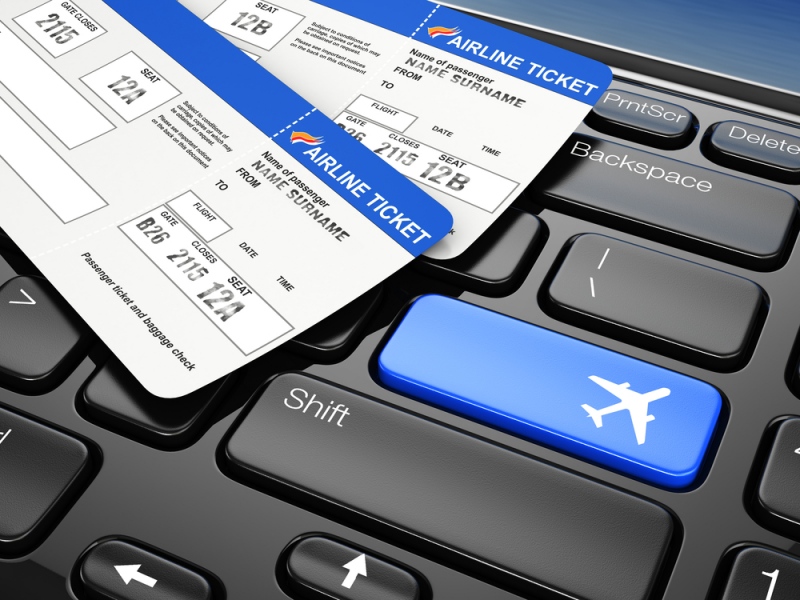In the past decade, the ability to search for and purchase airline tickets has evolved. Many consumers are able to filter and customize their travel plans via online tools that make their travel transactions quicker than ever. However, with the boom of eCommerce airline ticketing, major airlines are now facing security-related struggles when it comes to online sales. Just how big of a problem is fraud for airlines? The International Air Transport Association (IATA) estimates that airlines lose about $858 million annually due to payment fraud.
Criminals have many different options when it comes to fraudulent activity in relation to airlines. From booking airline tickets using stolen or fabricated credit cards to falsifying rewards miles earned through loyalty programs, criminals have a number of tools to use when it comes to airline purchases. Through gaining access to accounts, criminals can book tickets and pay for other services without going through a true payment portal. They can also buy and sell stolen rewards miles without tying themselves to the miles they buy and sell.
Airlines also face the risk of fraud from within. Employees may participate in fraud by exploiting loopholes in discount programs or bonus miles. Airline employees can potentially use loopholes to book free flights for friends and family members. By and large, many airlines do not have measures in place to detect this type of fraud.
Solving the Issue of Airline Fraud
The airline industry has many factors that contribute to its need for eCommerce fraud prevention. Early and precise detection is the best method to stop fraud before it occurs. Airlines in particular need to safeguard and monitor customer accounts associated with loyalty programs. To do this, smart methods for determining baselines for account activity need to be utilized. Big data streaming can be used to set these baselines and analyze the booking habits and point usage of loyalty program members. Using big data to prevent fraud can allow airlines to suspend transactions when and if users suddenly apply bonus miles toward bookings that seem unusual. Real-time data processing can be used to block certain ticket sales or flag user accounts when something suspicious takes place. Through utilizing globally accepted parameters for suspicious activity, airlines can amplify their security systems.
The ways that consumers make travel purchases is constantly evolving. Mobile applications and flight aggregators make it easy for consumers to dictate specific parameters about their vacations. Technology has made it easier than ever for consumers to choose travel packages and purchase them in as few as a couple clicks. As technology continues to grow, airlines need to be aware of the risks that come along with added ease-of-use and employ the tools that will mitigate risks for their travelers.
















